Keywords: Oil
There are more than 200 results, only the first 200 are displayed here.
-

ARTS AND CULTURE
- N. N. Trakakis and Oscar Roos
- 23 February 2016
She said she'll never write a book, and she hasn't: that's no book, it's a drop of experience Infused with the spirit of Sabi ... alcoholically she soils God with sour tears. The last time I saw her was in the obituary column: golden as always walking barefoot, cigarette in hand reflecting the sun's anonymity.
READ MORE 
-
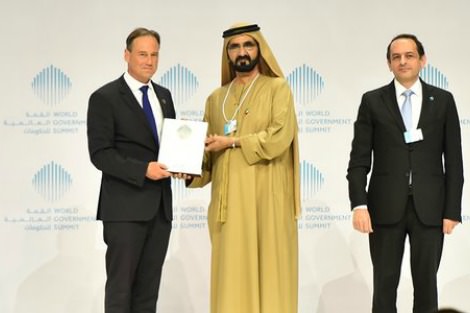
ENVIRONMENT
- Greg Foyster
- 15 February 2016
16 Comments
It would have made a great April Fools joke, if it wasn't February. On Wednesday, we woke to the news that Greg Hunt, environment minister in the most anti-environment government in Australian history, had been awarded 'World's Best Minister' at an international summit in Dubai. But maybe the award had nothing to do with Hunt's track record at home. In the grubby way of politics everywhere, maybe it is a favour returned. A thank you from an oil-rich nation for making it look good in the past.
READ MORE 
-
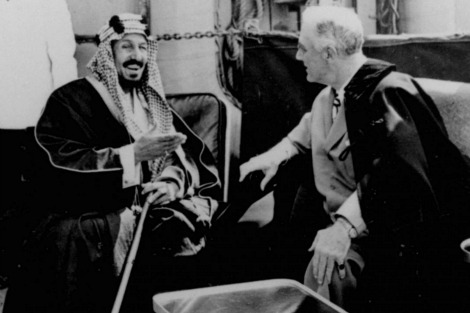
ECONOMICS
- David James
- 15 December 2015
3 Comments
In the early 1990s, America, Europe and Japan accounted for about 90 per cent of world GDP. Now, they account for less than half. The BRICs and other developing nations have grown steadily (in China's case spectacularly) while Europe has stagnated and America has sputtered at best. Recent developments in the geopolitics of fossil fuels and in finance confirm the perception that the rise of China and the developing world spells the end of US global hegemony. Against this backdrop, the narrative of the West has grown increasingly incoherent.
READ MORE 
-
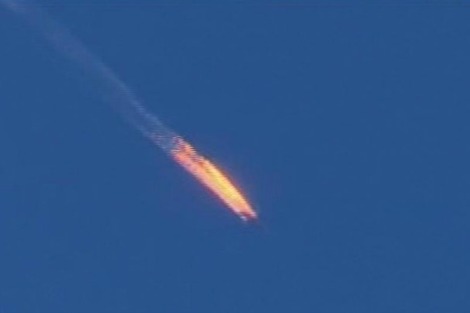
INTERNATIONAL
- Justin Glyn
- 26 November 2015
6 Comments
The downing of a Russian Sukhoi-24 bomber by Turkey reminds us of the risks which attend military intervention. There are, however, a number of additional complicating factors which promise to make the Syrian war even more dangerous and bloody for all sides. The situation could escalate dangerously. If this kind of event is not to become much more common, potentially leading to a much wider war, genuine peace talks with a lot more honesty on each side need to be a priority.
READ MORE 
-

ENVIRONMENT
- Fatima Measham
- 11 November 2015
6 Comments
The UN Climate Change Conference in Paris is set to become the last opportunity for meaningful global action. The signs so far bear optimism, as the impetus for a binding international agreement to tackle the severity and effects of climate change has taken a turn. In order to better understand why, and appreciate the difference that a few years can make, it is worth revisiting why Copenhagen was such a disaster. The most meaningful difference between then and now involves leaders.
READ MORE 
-

ENVIRONMENT
- Nicholas Low
- 04 November 2015
20 Comments
Environmental justice will be part of the discussion in Paris this month. The principle of justice says each person is of equal value no matter which nation or ethnic group they belong to. Each Australian contributes 16 tonnes of carbon dioxide per year, while each Bangladeshi contributes a little more than a third of a tonne. If the principle of justice is applied, Australia will have to move from 16 tonnes per person to about a third of a tonne, roughly equivalent to what a Bangladeshi emits now.
READ MORE 
-
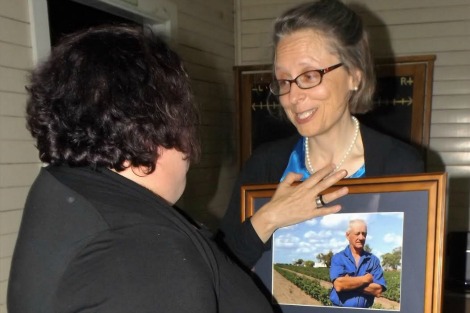
ENVIRONMENT
- Mark Copland
- 02 November 2015
10 Comments
When Chinchilla farmer George Bender took his own life, it ended a ten year struggle with the coal seam gas industry that has wreaked havoc on his property and that of his neighbours. Despite mountains of paper regulations, despite a well-resourced Gasfield Commission and Gasfield Compliance Unit, people in the region feel abandoned. It seems that government bodies are enablers and facilitators of the industry rather than regulators and protectors of the people, the soil and the water.
READ MORE 
-
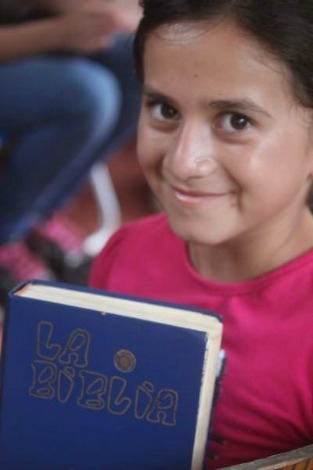
RELIGION
- Beth Doherty
- 29 October 2015
28 Comments
We can assume that despite the recent Synod's focus on families, most of the voters have never had any involvement in raising families, and certainly not of experiencing pregnancy and childbirth. None have directly dealt with an abusive spouse, struggled to regulate family size, questioned whether to stay in an unhappy marriage, or dealt with a child identifying as gay, lesbian or transgender. Last year, I spent time working in a parish in Paraguay, where, unlike the church more broadly, women run the show.
READ MORE 
-

AUSTRALIA
- Frank Brennan
- 23 October 2015
4 Comments
Francis knows there are all sorts of issues inside and outside the Church where for too long people with power have tried to keep the lid on, in the hope that the problems and complexities will go away, often by parodying those who see the problems or complexities as small 'l' liberals or cafeteria Catholics. He delights in being joyful and troubled while contemplating big problems, calling people of good will to the table of deliberation reminding them of the kernel of the Christian gospels. He has the faith and hope needed to lift the lid without fear and without knowing the answers prior to the dialogue occurring.
READ MORE
-
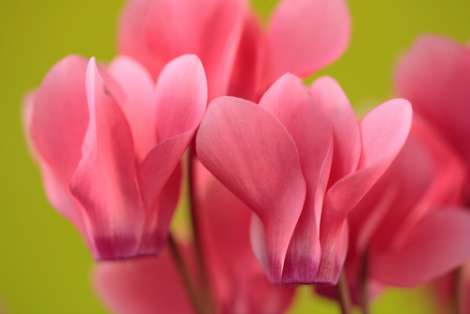
ARTS AND CULTURE
- Chris Wallace-Crabbe and Les Wicks
- 08 September 2015
2 Comments
Big daisies bulge on their bush, the lurid cyclamens are crouched in squeals of shocking pink, but raggedy scarlet geraniums have been out all winter and don’t give a stuff.
READ MORE 
-

- Frank Brennan
- 26 August 2015
7 Comments
When addressing Italian doctors last November, Pope Francis quoted St. Camillus de Lellis who suggested that the most effective method in caring for the sick was simply to 'Put more heart into those hands.' Let's do something to change the market settings and political settings here in Australia to modify the behaviour of all Australians in the future, and let's attend to our own Franciscan interior ecological conversion with our care for the vulnerable.
READ MORE
-
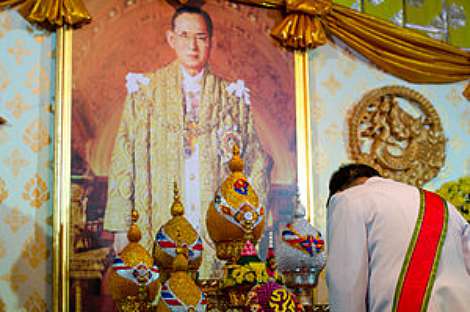
INTERNATIONAL
- Michael Kelly
- 25 August 2015
4 Comments
Thailand's chronic political instability intensified with the bomb that exploded last week in the middle of a major Bangkok tourist district. With 20 dead and still counting, the event is a decisive rebuttal of the military dictatorship's promise to restore 'happiness' to Thailand. Because Thailand's public life revolves around the frail and ageing king and the military, a brighter future awaits the outcome of royal succession.
READ MORE 